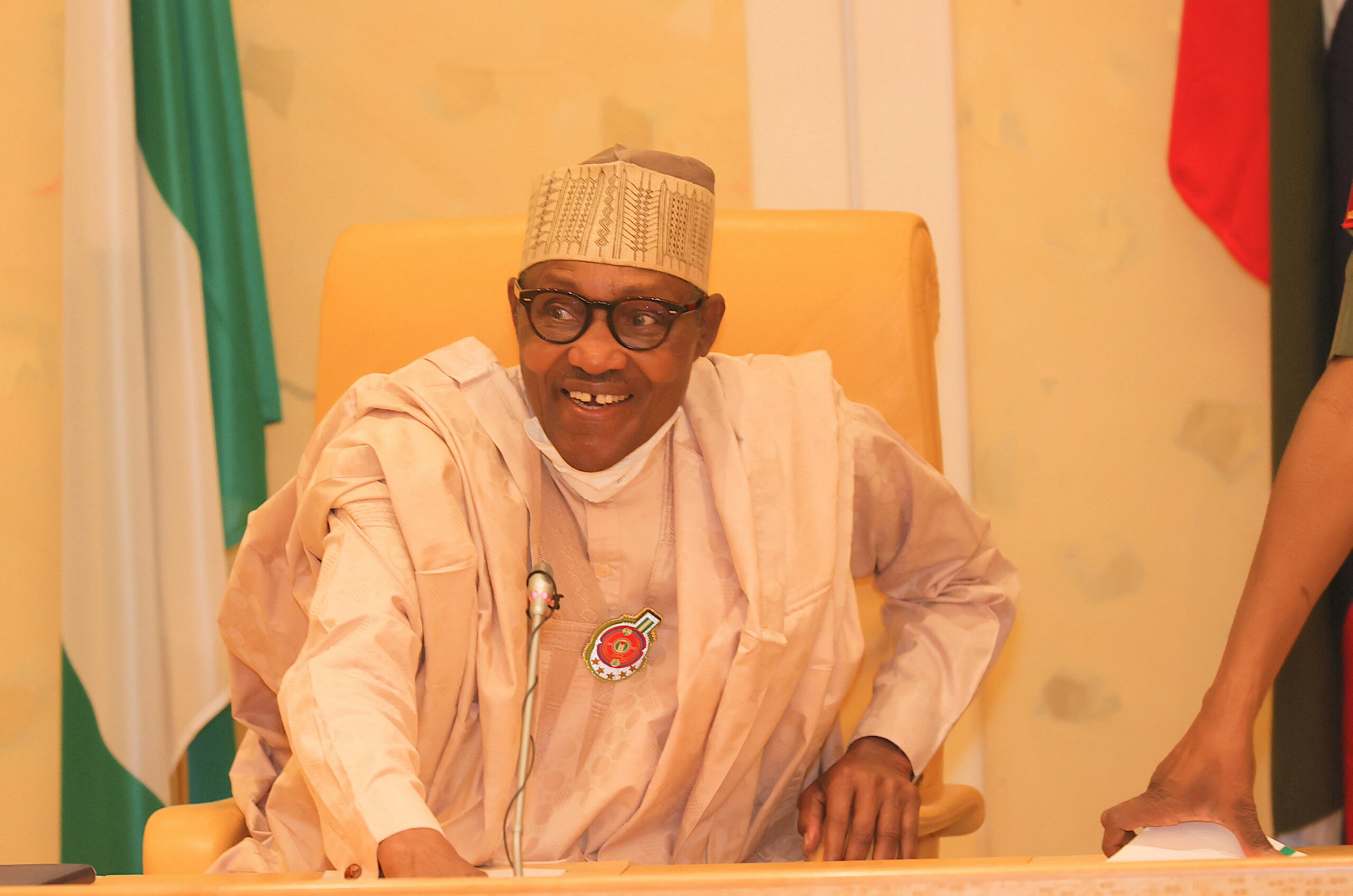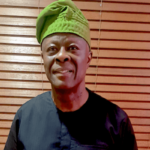Even away from home, the president’s men had to build an echo chamber for him. On Friday, as he marked his 79th birthday in faraway Turkey, they made him cakes and held up cameras to broadcast the cheerful toast to a grief-stricken country. President Muhammadu Buhari, Malam Garba Shehu wrote, was unaware of the birthday arrangement, and he was quoted to have admitted so. Speaking gleefully to the cameras, the president made a wish: “I look forward to the year 2023 when I finish, to go home to take charge of my farm,” he said. It’s a noble wish but the president probably hasn’t been told by his cheerleaders that farms have become the graveyards of even the political class under his watch.
Despite such foreign trip and celebration seeming like Buhari’s typical middle finger to optics, it’s reassuring that the president looked forward to a life after office, and desired an order to enjoy his retirement. Not many who’ve lived in an echo chamber this long retain the wisdom to reflect on their life after government—going back to live in the same community and the same country overrun by so-called bandits and kidnappers under their watch. The difference would be their lack of entitled access to the size of security that once saved them and their families from also paying outrageous ransoms like the people they let down.
None of these citizens obsessed with Buhari’s helicopter presidency gave a damn about him or any public officeholders before their election or selection to make decisions for a country on the brink of anarchy. The scrutinies they seem to despise and even find intrusive is a mere demand for accountability from the very taxpayers whose hard-earned money and sacrifices contribute to funding their expensive lifestyles—and security. And this obsession would shift to their successors the minute their tenures expire, with the demons of their decisions haunting them and their place in history.
Like Buhari, the late Chief of Defence Staff, Air Chief Marshall Alex Badeh, looked forward to retiring to farm after an inglorious stint as head of Nigeria’s security framework. He was trusted with vast resources to wage Nigeria’s war against terror. His reign wasn’t only disastrous, he diverted the fund set aside for the war to acquire properties in posh districts of Abuja and make himself and his family and cronies overnight multimillionaires. Unfortunately, the story didn’t end well. As soon as he left the high office, he became a subject of a N3.4 billion corruption trial. The ironic tragedy was that Mr. Badeh was shot dead along Abuja—Keffi road on the way back from his farm in December 2018.
When the Boko Haram got out of hand during the Jonathan days, several high-profile and senior citizens were kidnapped and murdered, with the tragedies either unsolved or attributed to unknown gunmen. One of them was Buhari’s senior in the military, General Mamman Shuwa. The statesman was shot dead in 2012 at his gates in Maiduguri, and it took about four years before the military paraded the suspects. The same year, the Shehu of Borno and the Emir of Fika, in neighbouring Yobe State, survived assassination attempts. In Kano, the revered emir, Ado Bayero, had a brush with death in 2013, but lost his driver and three bodyguards in that audacious ambush by “unknown gunmen”.
That’s not all, in the list of a long list of embarrassing tragedies. In 2014, Boko Haram ambushed the emirs of Gwoza, Uba and Askira, leaving one, Idrissa Timta of Gwoza, dead. Earlier this year, the so-called bandits attacked Governor Ganduje’s convoy on its way back from Zamfara, with some of his police escorts injured. This audacity has been growing by the day and the deaths of politically advantaged citizens at the hands of “bandits” point to this path of anarchy.
The unsolved deaths of even well-guarded northern leaders and clerics in the past decade assert the undermining of the nation’s security compromise, and Buhari’s dream of returning to the farm in a much-disintegrated country suggests he’s either been misinformed or just set out to mock the outraged citizens screaming “Secure North” and “North is Bleeding” from Adamawa to Zamfara.
Buhari couldn’t have been unaware of his vulnerability however thick the walls of his echo chamber. In 2014, when the Northwest was stabler than it is under him, his convoy survived a bomb attack. The sub-region has since become a paradise of ruthless criminals, killing and stealing at will, and holding the people to ransom. The security agencies too seem to have been overstretched there and the people’s hope now hangs in the balance. Buhari, of course, must be aware of the operations of bandits in his home state, and even his hometown where the district head, Alhaji Musa Umar, was abducted in 2019.
In Istanbul, Buhari presented his remaining days in office as one in which “I will do the best that is possible to advance the interest of the nation and its people, and carry out my duties as prescribed by the Constitution”. But there are hardly any more tricks up Buhari’s sleeve to impress Nigerians. He’s already wasted six years to prove his suitability for this job and to make the difference that inspired him to run for office three times before getting lucky in his fourth. Nigerians must’ve also been prepared to not expect anything different in the 17 months left for Buhari in office.
Even so, Buhari remains Nigeria’s luckiest politician. No president could’ve enjoyed the peace he does after this glaring inability to forestall the conversion of the country into such a grand murder scene. The relative silence in the North is a testament to the massive goodwill he’s so unfairly squandering, yet his political strongholds are conflicted. They still believe in him even if the love has waned significantly. His refusal to acknowledge their excessively-given benefits of the doubt is his biggest undoing, and this he may realize after stepping out of the echo chamber.
For the political camps that had written Buhari off even before his government hit the ground, he’s long passed the point of redemption and they are quick to bellow “I-told-you-so” at every mention of his misdeed. But for the partisan diehards, especially the under-class who once thought of him as the long-awaited messiah, his visibility in the places of grief and heartfelt commentaries can still humanize him in their world and make them repeat the same mantra parroted in his early years in office—that the security lapses under his watch are the enemies fighting back. But such nonsense is no longer tenable where even going to one’s farm comes with a high chance of being brought back killed or reported kidnapped.

 Join Daily Trust WhatsApp Community For Quick Access To News and Happenings Around You.
Join Daily Trust WhatsApp Community For Quick Access To News and Happenings Around You.


